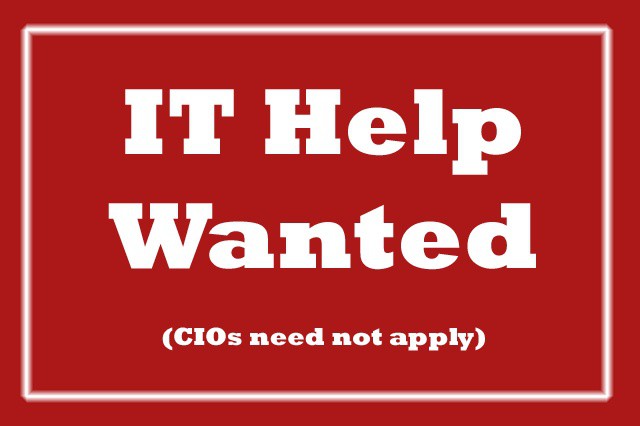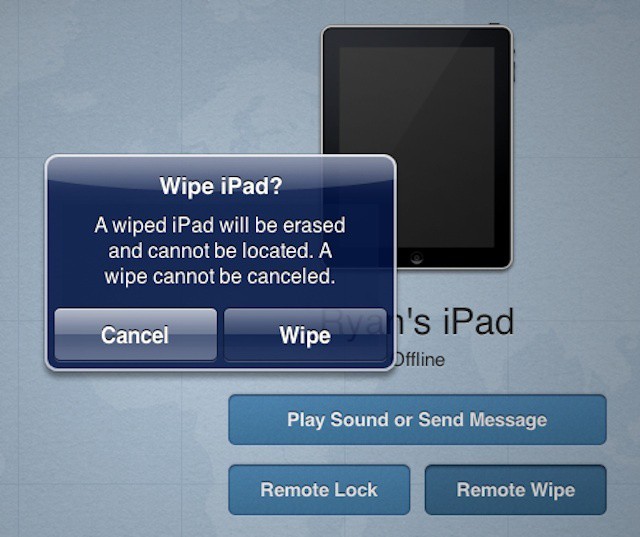One interesting moment during last year’s WWDC keynote was when Steve Jobs said that Apple was moving beyond the digital hub strategy it had embraced for years. He talked about how our computers are no longer the hub of our digital life and said that Apple was demoting the Macs and PCs and making them just another device like an iPhone or iPad.
That message set the stage for iCloud and for cord-free iOS devices that don’t need a Mac or PC for activation, backup, or sync.
There was also a much subtler message, however, that no one really picked up on at that time. In making the Mac just another device, Apple was likely laying the groundwork to change how companies and schools manage Macs – essentially treating them as just another device and bringing the mobile device management (MDM) paradigm introduced in iOS 4 to OS X and Mac management.
![How Mountain Lion Will Make Managing Macs Just Like Managing An iPhone Or iPad [Feature] Mountain Lion could revolutionize Mac management](https://www.cultofmac.com/wp-content/uploads/2012/03/mac-os-x-mountain-lion.jpg)
![Tarmac Is iOS Management Tailored For Small Business [Mobile Management Month] Tarmac focuses on core needs and low overhead](https://www.cultofmac.com/wp-content/uploads/2012/05/tarmac.jpg)

![Was IBM Right? Is Siri A Threat To Businesses? [Feature] IBM bans Siri use on the iPhones of its employees](https://www.cultofmac.com/wp-content/uploads/2012/05/siri-banned.jpg)
![Zenprise Focuses On Mobile Inventory As Well As Management [Mobile Management Month] Zenprise delivers solid management and inventory capabilities](https://www.cultofmac.com/wp-content/uploads/2012/05/zenpriselogo.jpg)
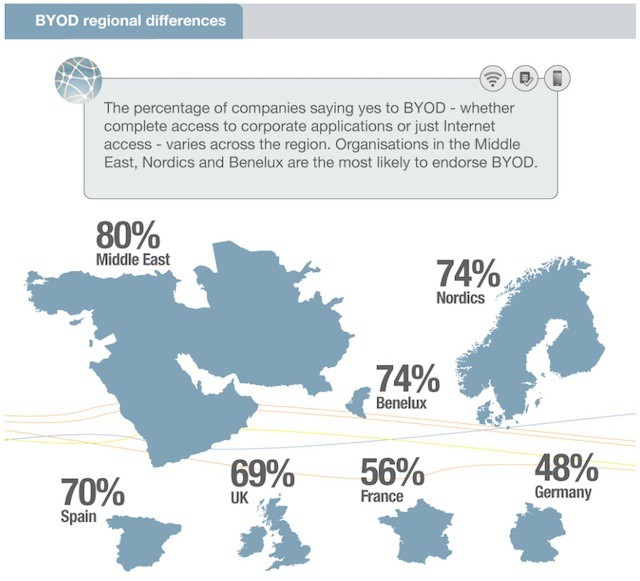
![Tangoe Delivers Solid iOS Management But Shines With Expense Management [Mobile Management Month] Tangoe balances device management with cost management](https://www.cultofmac.com/wp-content/uploads/2012/05/tangoe_high-res.jpg)
![Symantec Makes iOS Management As Streamlined And Hands Off As Possible [Mobile Management Month] Symantec Mobile Management integrates with the company's other enterprise tools](https://www.cultofmac.com/wp-content/uploads/2012/05/symanteclogo.jpg)
![Sybase/SAP Afaria Offers iOS And PC Management Options [Mobile Management Month] Sybase Afaria offer comprehensive mobile and desktop management](https://www.cultofmac.com/wp-content/uploads/2012/05/sybase1.jpg)
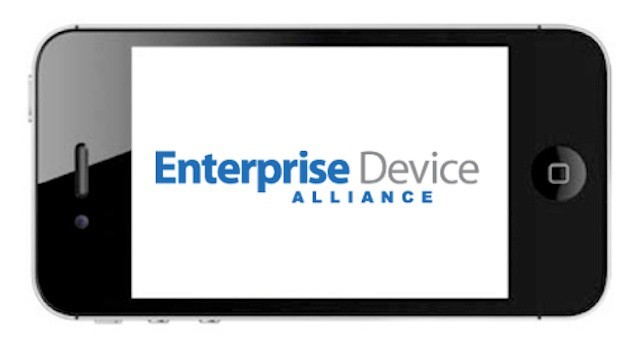
![PushManager Focuses Simple And Efficient iOS/Device Management [Mobile Management Month] PushManager focuses on simplifying device setup and management](https://www.cultofmac.com/wp-content/uploads/2012/05/pushmanager.jpg)
![Cisco’s BYOD Survey Sheds Light On BYOD Popularity And Costs [Update] Cisco study shows BYOD is a reality not a possibility but there are some costs involved](https://www.cultofmac.com/wp-content/uploads/2012/05/finance-ipad1.jpg)

![Notify Highlights Real-Time iOS Device Data And Management [Mobile Management Month] Notify offers self-servicing options for users and mobile data for IT managers](https://www.cultofmac.com/wp-content/uploads/2012/05/NotifyMDM.jpg)
![MobileIron Focuses On Security, Efficiency, And Mobile Intelligence [Mobile Management Month] MobileIron focuses on security and efficiency in device and app management](https://www.cultofmac.com/wp-content/uploads/2012/05/mobileiron-logo.jpg)
![JAMF Offers A Mac And iOS Management Solution In Casper Suite [Mobile Management Month] JAMF's Casper Suite provides integrated Mac and iOS management](https://www.cultofmac.com/wp-content/uploads/2012/05/jamf-caspersuite.jpg)
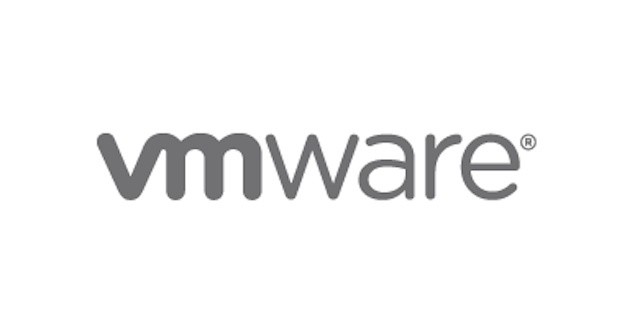
![IBM Adds iOS Management To Its Existing Enterprise Tools [Mobile Management Month] IBM recent entered the mobile management market with device management tools](https://www.cultofmac.com/wp-content/uploads/2012/05/ibmlogo.jpg)

![Good Offers Secure iOS Data Management Platform With Developer Partners [Mobile Management Month] Good offers a complete platform for information security](https://www.cultofmac.com/wp-content/uploads/2012/05/GoodForEnterprise.jpg)
![MaaS360 Manages Devices, Apps, Docs – Even Macs And PCs [Mobile Management Month] MaaS360 offers comprehensive management including Mac/PC management](https://www.cultofmac.com/wp-content/uploads/2012/05/MaaS360_logo_byFiberlink.jpg)
![Excitor Offers iPhone And iPad Management Plus Secure Messaging and Calendar [Mobile Management Month] Excitor's DME lineup includes device, app, and information management solutions](https://www.cultofmac.com/wp-content/uploads/2012/05/excitornewlogo.jpg)

